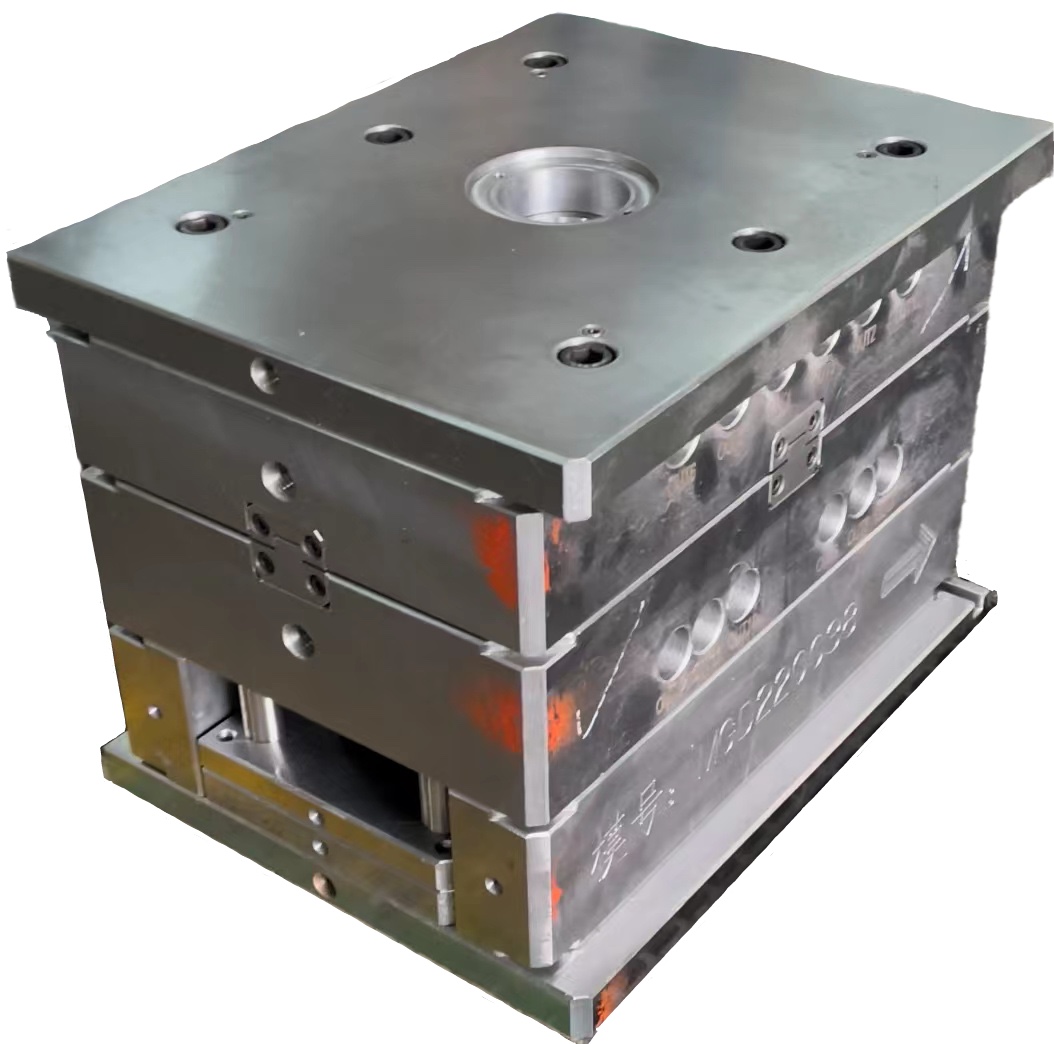The Rise of the Manufacturing Sector in the UAE
The United Arab Emirates (UAE) has emerged as a key player in the global manufacturing industry. With a diversified economy and a focus on non-oil sectors, the UAE's manufacturing sector is set to grow significantly. The government's initiatives, such as the Industrial Strategy 2031, aim to enhance the sector's contribution to the national GDP. This growth creates a demand for high-quality materials, paving the way for the increasing use of mold steel.
What is Mold Steel?
Mold steel, also known as tooling steel, is a type of steel specifically designed for manufacturing molds and dies. It is characterized by its high hardness, excellent wear resistance, and durability, making it an ideal choice for producing high-precision parts. These properties are essential for various manufacturing processes, including injection molding, die casting, and stamping.
Advantages of Using Mold Steel in Manufacturing
- Enhanced Durability: Mold steel is engineered to withstand the rigors of manufacturing processes, providing longer tool life and reduced downtime.
- Superior Precision: The inherent dimensional stability of mold steel allows for the production of highly precise molds, ensuring product quality and consistency.
- High Wear Resistance: Mold steel's resistance to wear and deformation makes it ideal for high-volume production environments.
- Cost-Effectiveness: Although initially more expensive, the longevity and performance of mold steel result in reduced overall costs in the long run.
Types of Mold Steel Available in the UAE
The UAE's manufacturing sector utilizes various types of mold steel tailored for specific applications. The most common types include:
- A2 Tool Steel: An air-hardening steel known for its versatility and excellent wear resistance.
- D2 Tool Steel: A high-carbon, high-chromium steel that provides superior hardness and abrasion resistance.
- P20 Tool Steel: A pre-hardened steel often used for plastic molds due to its ease of machining and toughness.
- S7 Tool Steel: Known for its shock resistance, making it perfect for high-impact applications.
The Role of Technology in Mold Steel Manufacturing
Advancements in technology have also impacted the manufacturing of mold steel. The integration of Computer Numerical Control (CNC) machining and additive manufacturing enable manufacturers in the UAE to produce complex molds with precision. These technologies provide:
- Increased Efficiency: Automated processes reduce manual errors and increase production speed.
- Complex geometries: Advanced technologies allow for the creation of intricate designs that were previously unattainable.
- Cost Savings: Efficient use of materials and reduced labor costs contribute to the overall savings in the production process.
Challenges in the Use of Mold Steel
While mold steel offers numerous benefits, there are challenges that manufacturers in the UAE must navigate:
- Source and Availability: The need for high-quality steel can lead to challenges in sourcing and supply chains.
- Machining Difficulty: The hardness of mold steel requires specialized machining techniques and equipment, potentially increasing operational costs.
- Market Competition: As the demand for mold steel grows, competition among suppliers intensifies, impacting pricing and availability.
Future Prospects of Mold Steel in UAE’s Manufacturing Sector
The future of mold steel in the UAE's manufacturing sector looks promising. With government support for industrial growth and a focus on innovative manufacturing solutions, the adoption of mold steel is expected to rise. Companies investing in high-quality materials and advanced technologies will likely gain a competitive edge in both local and international markets.
Conclusion
In summary, the benefits of mold steel in the UAE's growing manufacturing sector are substantial. With its enhanced durability, superior precision, and high wear resistance, mold steel plays a crucial role in ensuring the quality of manufactured products. As the sector evolves, it is essential for manufacturers to embrace advancements in technology and address the challenges associated with sourcing and machining mold steel. By doing so, they can contribute to the UAE’s vision of becoming a global manufacturing hub.
FAQ
What industries use mold steel?
Mold steel is commonly used in various industries, including automotive, aerospace, electronics, and consumer goods manufacturing.
How do I choose the right type of mold steel for my application?
Choosing the right type of mold steel depends on factors such as the intended use of the mold, required hardness, and the production volume. Consulting with a material specialist can help you select the appropriate type.
Can mold steel be reused for multiple production runs?
Yes, one of the significant advantages of mold steel is its durability, allowing manufacturers to use the same molds for multiple production runs before needing replacements.
What are the maintenance requirements for molds made from mold steel?
Regular cleaning, inspection, and timely repairs are essential to maintain molds made from mold steel. Proper maintenance maximizes their lifespan and ensures production efficiency.

